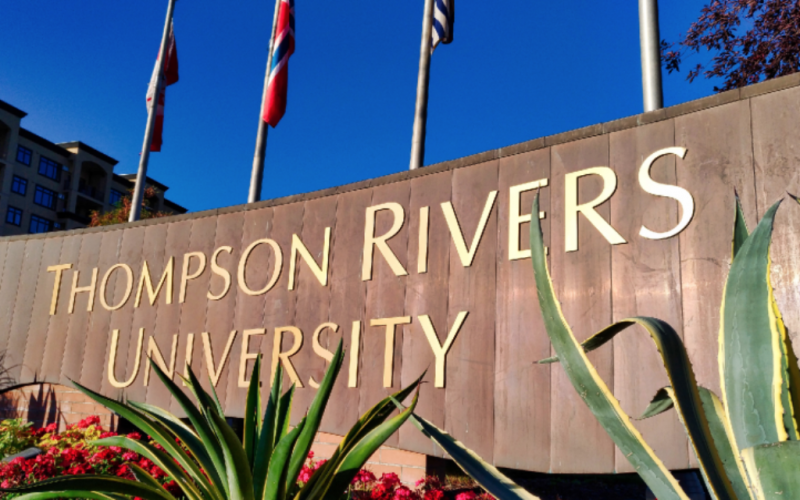An immigration officer denied Simran Sahi’s study permit after she applied to Thompson Rivers University for a post-baccalaureate diploma in finance, according to the Federal Court of Canada decision. The immigration officer for Canada denied her visa, claiming that her level of education and work experience didn’t meet the eligibility criteria to study abroad and also added that she would not benefit from the diploma.
According to the court, Sahi already has an undergraduate and master’s degree, as well as work experience in her chosen field of economics. But the immigration officer stated his concerns over the unclear intention behind Shai’s decision. He questioned why would Sahi pursue this programme at such a high cost when she already has a higher level of qualification to study abroad. He also added that he is not convinced that this is a reasonable course of study, which raises concerns about her intended purpose to study in Canada also to study abroad. The immigration officer admitted that he had denied her visa application as it was “not reasonable” given Sahi’s academic and employment history, and that they were not convinced she was a genuine student who would leave Canada at the end of her studies.
However, Sahi challenged the decision of Immigration, Refugees, and Citizenship Canada. She claimed that the immigration officer overlooked the TRU diploma’s “clear potential employment benefits” and “opportunity to improve English language skills.” The 34-year-old Indian national also stated that she had completed her master’s degree through distance education and desired classroom experience.
Shirzad Ahmed, a federal court judge, agreed with Sahi’s plea that the immigration officer’s reasons appear to be unfair. The judge also agreed that an applicant’s completion of previous higher-level degrees is not a sufficient basis for concluding that the pursued programme of study is not reasonable. As per Ahmed, Sahi’s decision to pursue this course of study is not unreasonable. Her evidence convincingly demonstrated that she could only complete her master’s degree through distance studies and that she would like to further pursue her education in her field in person, while also gaining other skills through international study. On the surface, the evidence indicates an undeniable link between her experience and study in finance and her pursuit of additional studies in the field.
Finally, the judge ruled that the immigration officer’s decision was “unreasonable” and remanded the case to be reviewed by a different immigration officer.
For more news updates, make sure you follow Leverage Edu.
 One app for all your study abroad needs
One app for all your study abroad needs
















 45,000+ students realised their study abroad dream with us. Take the first step today.
45,000+ students realised their study abroad dream with us. Take the first step today.

